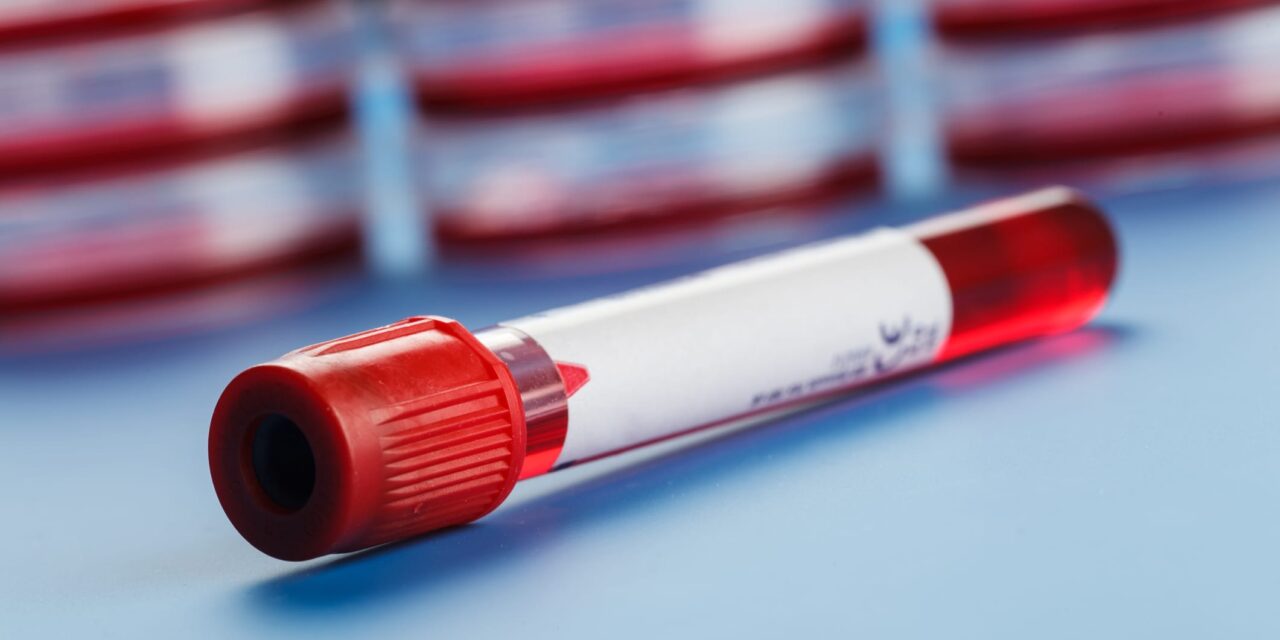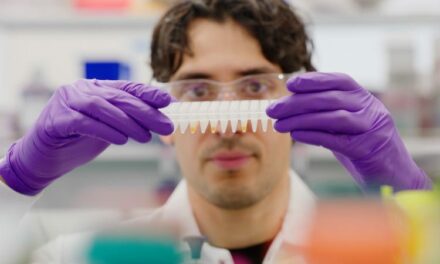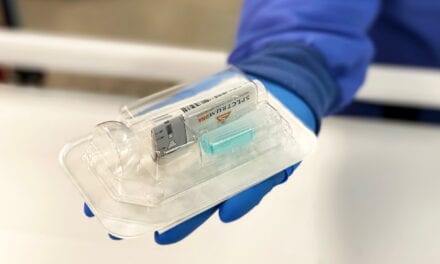Research demonstrates the MRD assay’s utility in tracking disease progression and predicting treatment outcomes.
Two peer-reviewed studies have highlighted the clinical utility of Labcorp Plasma Detect, a tumor-informed blood-based assay for detecting molecular residual disease (MRD) from circulating tumor DNA (ctDNA), in advancing cancer treatment strategies and research.
The studies, published in Nature Medicine and Clinical Cancer Research, demonstrate the technology’s ability to track early disease progression, predict long-term outcomes, and identify residual cancer in challenging clinical contexts.
Mesothelioma Study Shows Promise for Rare Cancer
The Nature Medicine study focused on patients with diffuse pleural mesothelioma, a rare and aggressive cancer often linked to asbestos exposure. Researchers evaluated two immune-based treatment regimens administered before surgery, finding that both approaches proved safe and enabled most patients to proceed with surgical intervention.
Patients receiving neoadjuvant dual immune checkpoint blockade showed signals of durable clinical response. The study demonstrated that Labcorp Plasma Detect could track early disease progression and predict long-term, progression-free survival in this patient population.
The findings suggest that combining perioperative immunotherapy with ctDNA monitoring may help shape more effective treatment strategies for this challenging cancer type.
Head and Neck Cancer Research Reveals Enhanced Detection Method
The Clinical Cancer Research study examined post-surgical monitoring in head and neck cancer patients. Researchers found that fluid collected from surgical drains after surgery contained more tumor DNA than peripheral blood samples taken at the same time.
Using Labcorp Plasma Detect, the research team compared lymph fluid to plasma collected 24 hours post-surgery. The lymph-based testing effectively identified residual cancer, particularly in patients with locoregional recurrence, signaling risk in patients who might otherwise go undetected by traditional pathology methods.
The study focused on patients with HPV-independent head and neck cancer and suggests that incorporating lymph fluid testing immediately after surgery, alongside plasma monitoring, could enable faster and more accurate treatment decisions.
Clinical Utility Demonstrated Across Cancer Types
“These studies underscore the clinical utility of Labcorp Plasma Detect in advancing cancer research,” says Shakti Ramkissoon, MD, PhD, MBA, vice president and medical lead for oncology at Labcorp, in a release. “By demonstrating its ability to track early disease progression, predict long-term outcomes, and identify residual cancer in challenging contexts, our MRD technology provides critical insights that can inform future treatment strategies and improve understanding of tumor biology.”
The Labcorp Plasma Detect assay uses ctDNA analysis to detect molecular residual disease, providing clinicians with information about treatment response and potential disease recurrence. The technology represents part of Labcorp’s broader MRD portfolio for oncology applications.
The research adds to growing evidence supporting the use of liquid biopsy technologies in cancer management, particularly for monitoring treatment response and detecting minimal residual disease that may not be visible through traditional imaging or pathology methods.
ID 30444424 © Luchschen | Dreamstime.com





